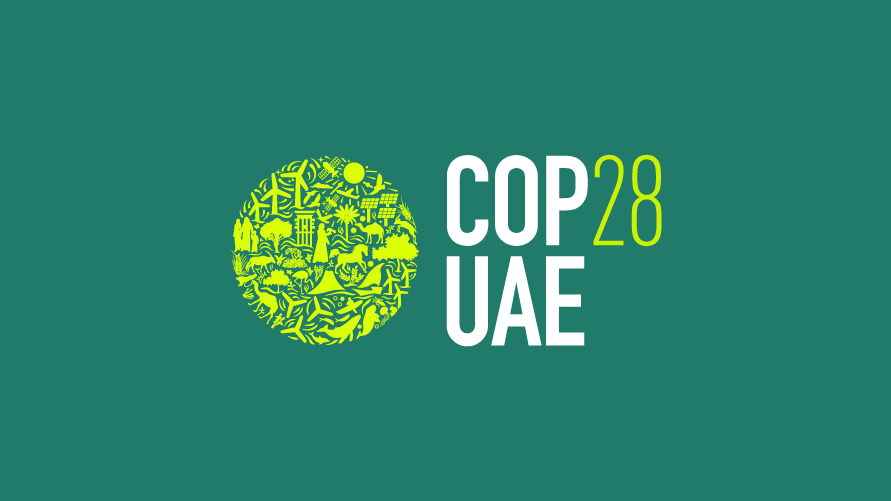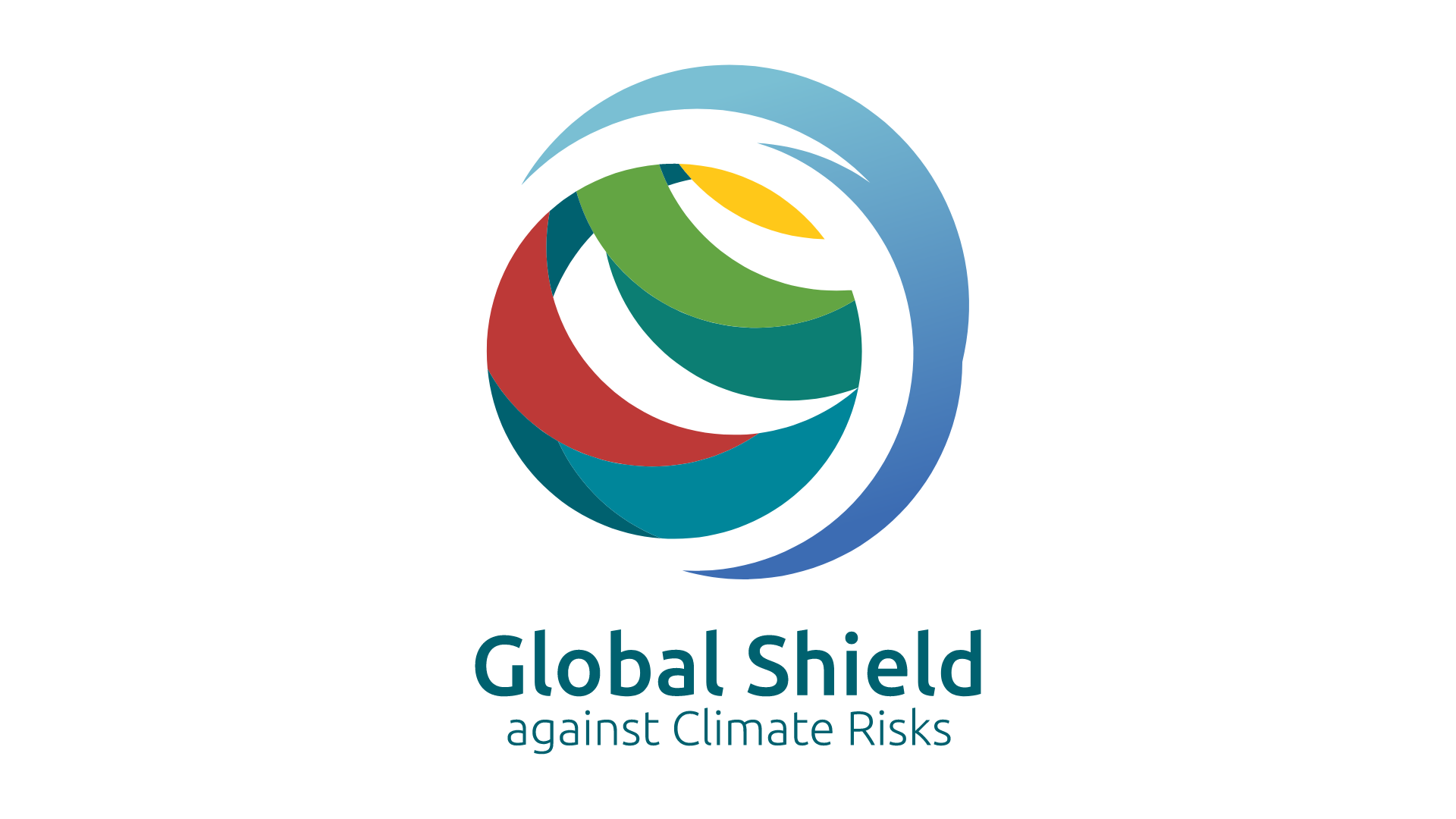COP28 New fund responding to loss and damage taking shape – Germany and V20 moving implementation forward
Development Minister Svenja Schulze said, “The quick approval of the new Fund gives us a chance to already take the first steps towards implementation during the climate conference in Dubai. Germany stands ready to provide analytical and practical input to move the work of the new Fund forward. We can build on the experience we have gained together with the group of vulnerable countries in our work on the Global Shield against Climate Risks. This experience includes three key principles. First, the point is to strengthen vulnerable countries' own national efforts – not to substitute them. Second, the focus must be on policies, not just on individual projects. And third, the Fund should invest in solutions that limit climate-related loss and damage – in such a way that the countries are better prepared for future climate-related damage. This can prevent later costs on a significant scale.”
A year ago, Germany and the V20 launched the Global Shield against Climate Risks at COP27. A considerable number of pathfinder countries have since been working on national solutions to address climate-related loss and damage in a far-sighted manner, with support from the Global Shield. They include Ghana, Pakistan, the Philippines, Senegal, and the Pacific region. Ghana has made the biggest strides. The inclusive Shield country process started successfully in July, and just recently the country completed its request for a country protection package.
The Global Shield has been one of the efforts to pave the way for the establishment of the new Fund after 30 years of dispute between industrialised and developing countries. The decision adopted by COP28 on Thursday expressly recognises the Shield as an important part of the solution. The Global Shield will continue its work, complementing that of the Fund.
Three principles from the work of the Global Shield have already been taken up in the design of the new Loss and Damage Fund and are to play a central role in its practical implementation. The first is country ownership, as the Fund's point is not to provide a substitute for governments' own efforts but, rather, to strengthen and support the national efforts of vulnerable countries. Second, the focus must be on policies and not just on projects. Climate-related losses and damages have reached such dimensions that local efforts are not enough. What is needed is large-scale systems that anticipate risks, ensure preparedness, provide early warning, and – if possible – deliver at such an early point that loss and damage can still be limited. Third, the focus should be on solutions that enable countries to be better prepared for future climate-related damage.
If, for example, a flood must be expected, a country's social protection system might send not just a warning message but also some money to the mobile phone of an affected woman smallholder, enabling her to take her livestock to safety and limit her loss. Such adaptive protection systems can make a big difference because the smallholder will not be forced to abandon livestock farming after the climate disaster, will not fall into poverty and will be able to keep her children in school.
Schulze said, “If we do not manage to make headway on adaptation to climate change, climate-related loss and damage will reach unaffordable levels. And if we do not manage to stop greenhouse gas emissions, adaptation will become impossible at some point. This means that all topics of this conference are inextricably linked. At the same time, the fact that so many things are linked with each other also means that the progress we have managed to make on addressing loss and damage is also reason for hope that we will make progress in other areas, too.”
For further information on the Global Shield, visit https://www.globalshield.org/ (External link).

